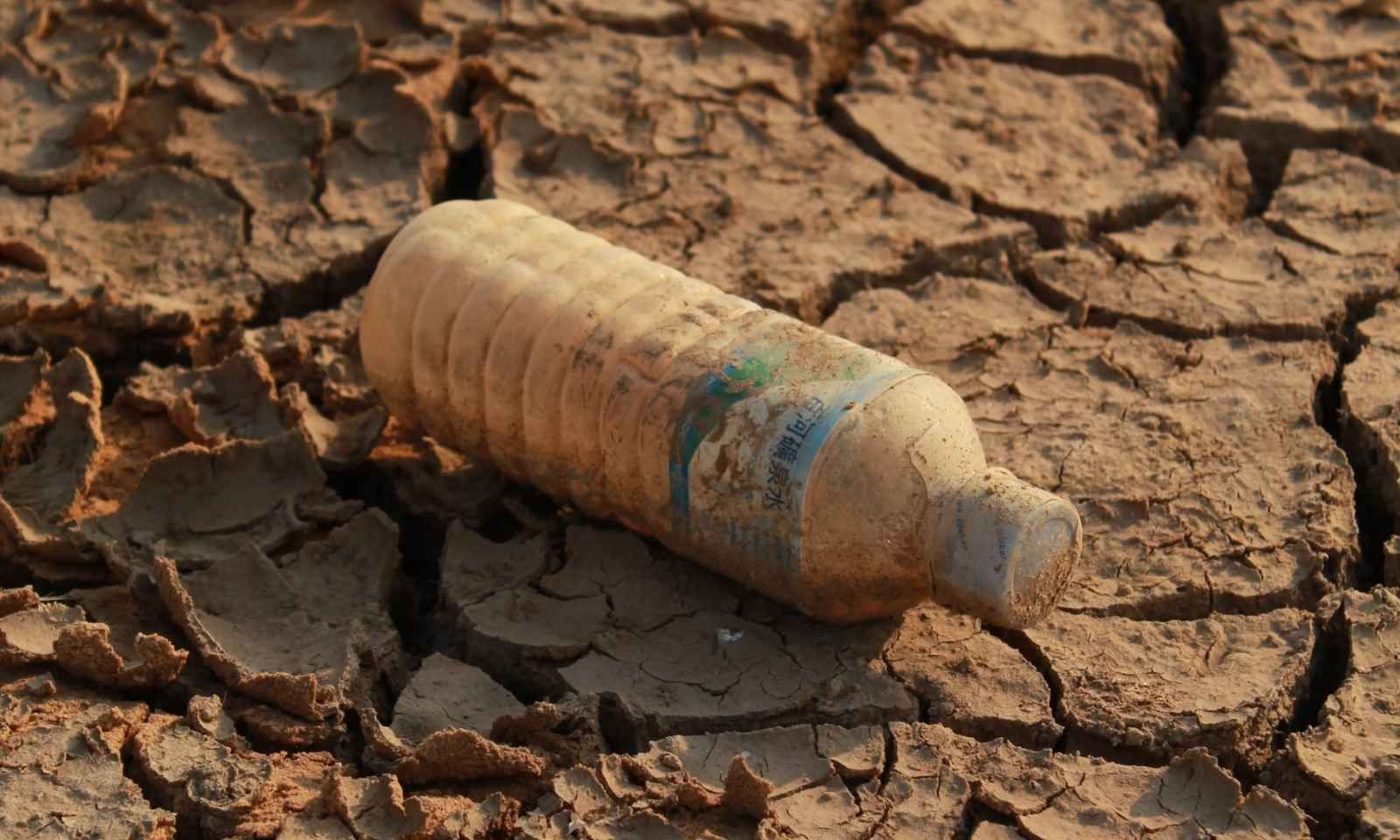

The Great Pacific Garbage Patch covers an estimated 1.6 million square kilometers, which is roughly twice the size of Texas.
Photo /Unsplash.
Plastic Treaty delay sparks Pacific disappointment
With no binding agreement reached at a UN pollution forum, Pacific advocates call for more vulnerable nations and grassroots organisations at the table.



Sāmoa confirms district office leaders as PM defends appointments after bribery ruling

Family ties and high-stakes splashes drive the third Z MANU WORLD CHAMPS

‘I don’t want that happening to anyone else’: All Black on losing his brother to drowning


Sāmoa confirms district office leaders as PM defends appointments after bribery ruling

Family ties and high-stakes splashes drive the third Z MANU WORLD CHAMPS
The Pacific Recycling Foundation (PRF) has expressed disappointment and concern following negotiations between the United Nations Environment Programme (UNEP) and the Global Plastics Treaty.
The fifth session of the UNEP’s Intergovernmental Negotiating Committee (INC-5) on plastic pollution concluded last week in Busan, South Korea.
Delegates from over 170 countries attended with the aim of finalising a legally binding agreement to address plastic pollution.
However, the talks ended without a final treaty as some countries needed more time and clarity.
Amitesh Deo, the PRF founder and director, said the outcome was not surprising, adding that the negotiations often start off on the wrong foot.
He said the focus should be on “ending plastic waste and plastic pollution”.
Watch Amitesh Deo’s full interview via 531pi’s FB below.
“It's two ends of the equation, one group [calling for a] complete stop of plastic, one group saying we have a corporate livelihood to protect, and it's all about commercialising and money.”
Deo said the PRF had been invited to attend the UNEP negotiations but chose not to participate because they “already knew what the outcome was”.
He believes that adopting an extremist approach to reducing plastic waste will continually fail.
“If one just closes their eyes and imagines the world without plastic tomorrow, it will not happen, and that's too ambitious to even try to get there.”
Deo emphasised the importance of including Pacific voices, especially those from vulnerable, smaller nations and grassroots organisations, in these negotiations.
However, he feels that corporate and government bodies often use aggressive tactics to drown out these voices.

Photo/supplied
“If you tie up opportunities, tie up experiences of people in that space and look for solutions, that would be the pathway for us - so it's disappointing.”
Plastic waste: A rising Pacific crisis
A study has warned that global plastic waste could nearly double by 2050, potentially reaching 121 million metric tonnes annually, while greenhouse gas emissions from plastics could surge by 37 per cent.
Scientific and policy experts argue that a variety of policy interventions could reduce mismanaged plastic waste by up to 91 per cent, cutting associated emissions by one third.
Proposed solutions include implementing a production cap, mandating recycling, introducing packaging taxes, and strengthening waste management infrastructure.
The effects of pollution are evident in the Pacific, disrupting food systems, introducing microplastics into local food and water supplies, blocking drainage systems, leading to flooding, and widespread plastic waste, which emits toxic fumes.
Real recycling, not corporate control
Deo said although academics and professionals in the field understand these impacts, some Pacific nations still resort to practices such as fines for improper waste management, which lead to toxic emissions.

PRF founder and Director Amitesh Deo. Photo /PRF.
“Burning continues to be one of the main methods of dealing with plastic waste in our community," he said.
Deo stressed the need for greater collaboration among governments, development partners, corporate waste producers, and grassroots recycling organisations to tackle the plastic waste crisis.
“One of [the challenges] is the inability by government organisations, development partners, [and] brand names to be able to work with grassroots organisations who are actually doing recycling programmes.
“Recycling should not be about a particular brand name... that's why we have always been saying that recycling should be left to recyclers and should not be dealt with by the same organisations or agencies who are actually producing waste.
“We need to let go of the gimmicks that surround recycling to be able to have real meaningful interventions to deal with improper waste management and plastic waste.”